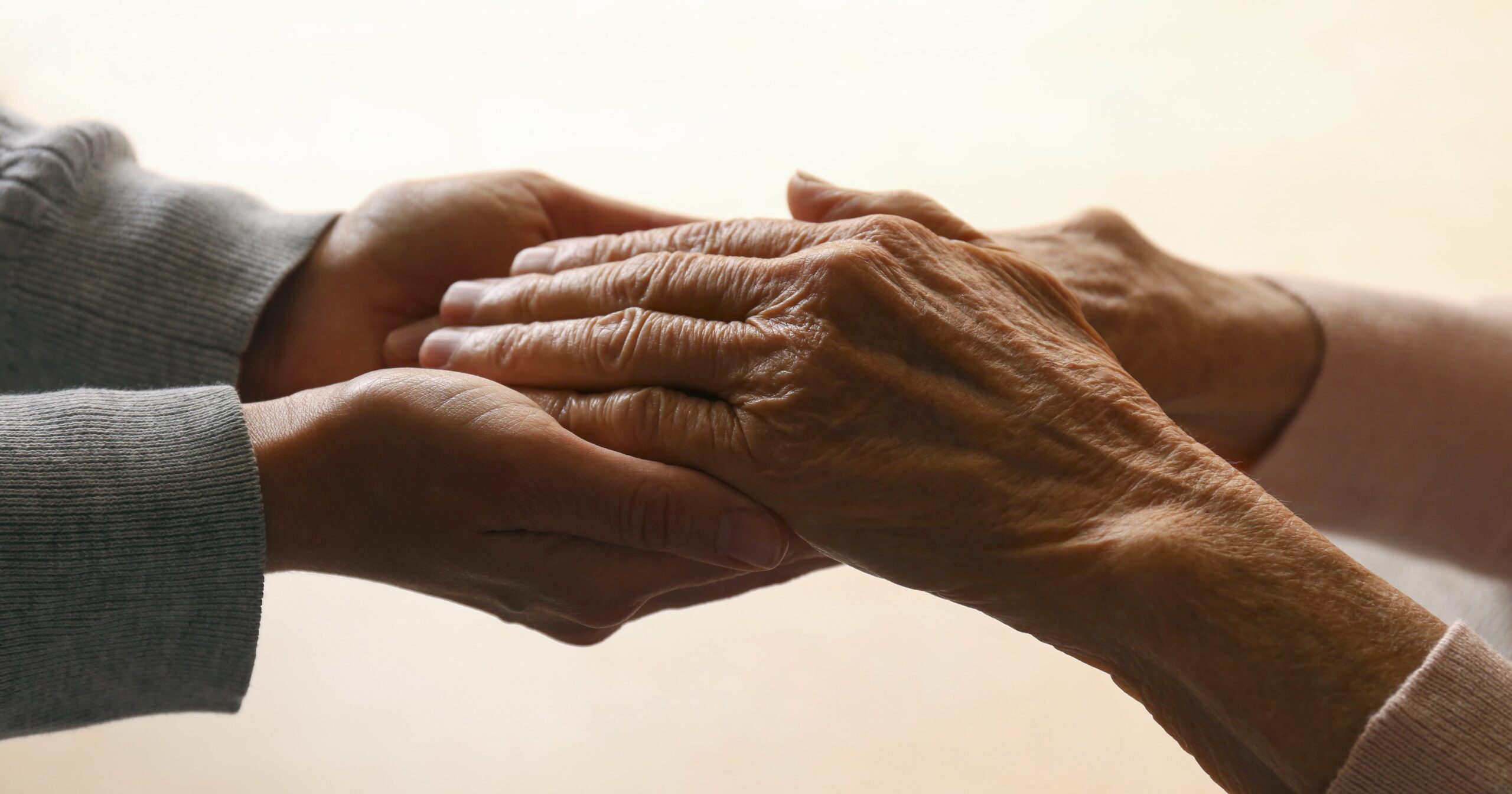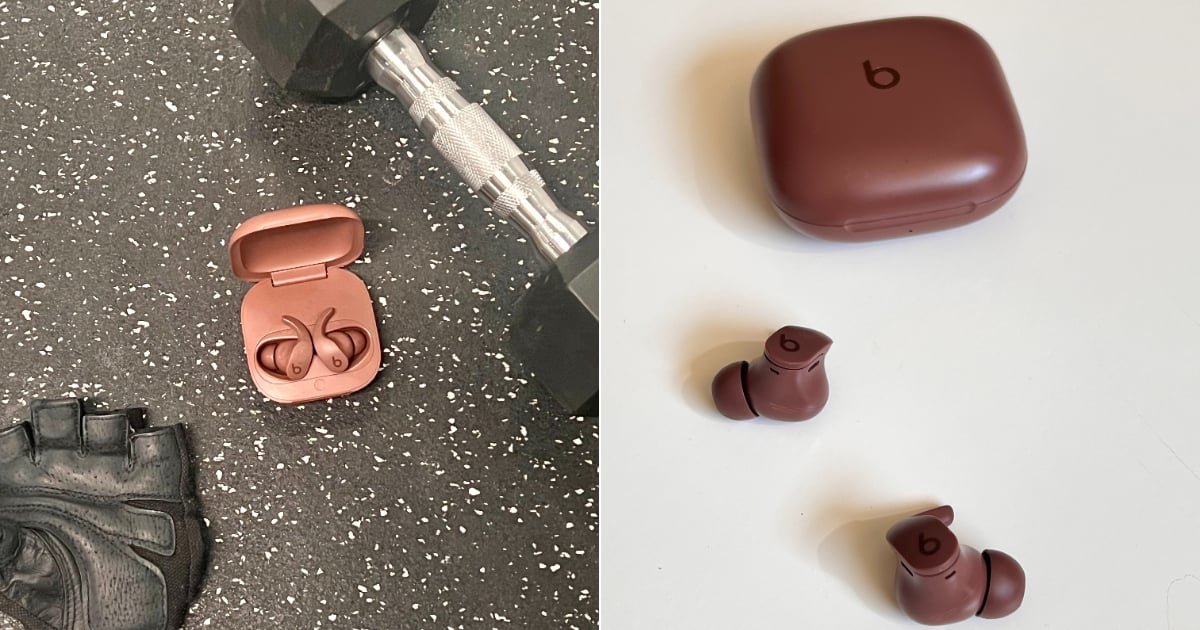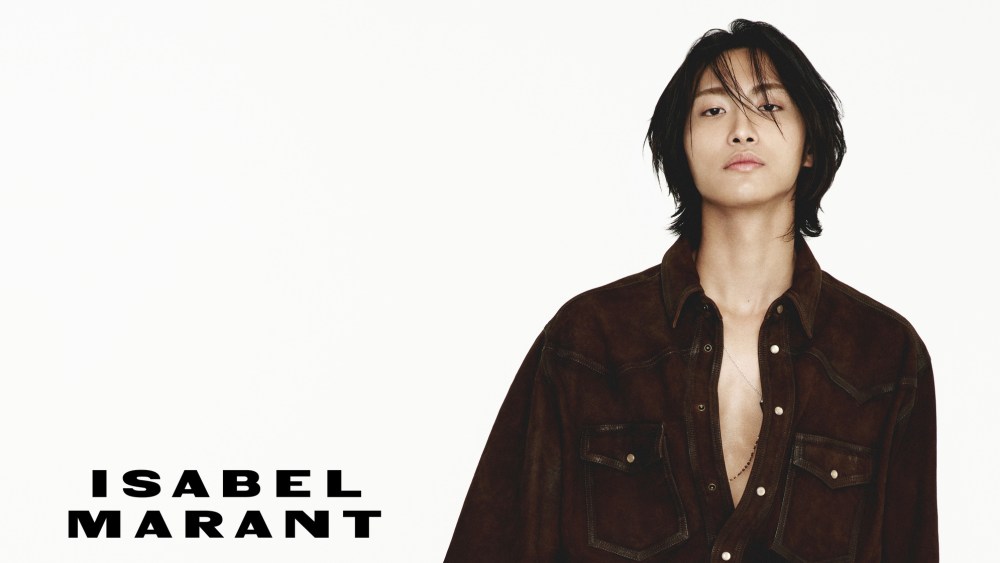“I think things will be easier if my mom dies first,” I found myself saying out loud to my best friend late last year, sitting on the carpeted steps of her rental house.
This sentence may have come across as cold and morbid to anyone else, but I knew Tessa understood where I was coming from: Her dad and my dad both have terminal lung diseases, and neither of us have the best relationships with our moms, either. My mom in particular is generally healthy, but I worry about her living alone as someone who can be forgetful, overly trusting, isolated, and naive.
Tessa and I met working at our college bookstore as cashiers. She’s now a math teacher married to a great guy with a new baby boy. Tessa just turned 29. I’m a healthcare reporter who lives in Oakland, CA. I take art classes, love walking around the Bay, and have a 9-year-old cat named Clark. I’ll be 28 later this year.
Tessa and I both have older parents, and have bonded over how it can sometimes feel like we got robbed of fully enjoying our 20s. I don’t call Tessa to gab about a new crush, or text her photos of my outfit options before a date. Instead, we talk about having to navigate federal healthcare on behalf of our parents, and arrange care for them while simultaneously trying to keep our own lives afloat.
Neither of us feel like we have the same normalcy our friends do; we don’t often call our parents for advice or anticipate the holiday season with excitement. Instead, our 20s have mostly felt like we’re consistently waiting for the other shoe to drop, and when it does, we turn to each other for support.
I am one of many millennials being affected by what’s been referred to as an elder-care crisis. It’s difficult to care for aging parents, especially with whom you have a strained relationship, while also navigating early adulthood. . . and financially earning less than they did at my age. The weight of credit card debt, student loans, and societal expectations can feel crushing. Hell, sometimes vet bills for just Clark can get pricey, even with pet insurance.
I want to save money. I want to travel. I’d like to upgrade from a studio to a one bedroom so I don’t have to fall asleep staring at my desk, since I work from home. But I also know that when my dad inevitably passes – and likely before my mom due to his condition – I’ll need to be able to spring a last-minute plane ticket home and help get things in order.
I recently received a master’s degree from Syracuse University’s Newhouse School, and throughout my final few semesters, I routinely thought to myself, “I hope my dad stays alive at least until I finish this degree.” It can often feel like I’m holding my breath, hoping my parents hang on until I’m in a more established place in my life, so that I can offer the best care while also being my best self.
My dad’s prognosis was originally around seven years max, and he’s now in his third year since being diagnosed. His health isn’t currently changing much day by day, and when people ask how he’s doing, I reply, “About the same.”
It can often feel like I’m holding my breath.
I deeply desire to maintain autonomy in my own life, which still feels like it’s just beginning. But I also want to make sure my parents are safe, healthy, and have all the resources they need as they age. So, rather than save for an eventual wedding or other milestone, I now have a separate savings account explicitly meant to help my parents in the event of something tragic. Just like a wedding is a major life event, so is losing a parent and maintaining care for the other parent – particularly if you’re an only child, like I am.
(At this point, some might ask, “Why don’t you just leave the Bay Area if you’re so concerned about money?” So, I should note that I have two uncles who live here, and we’re very close. They weren’t always part of my life, and as they also get up there in age, I want to be around them as long as possible, making up for the time I didn’t previously get.)
I don’t quite know what I’ll do when the inevitable happens to any of these aging people I love. I’m single, 27, in a studio apartment, just juggling my own bills and student loan debt. If I know anything, it’s that you cannot prepare for life, it hits you when it hits you. I may not have siblings, but whatever happens – whenever it happens – all I can do is my best: financially, physically, and mentally.
Ashleigh Hollowell is a dedicated journalist who discovered her passion for writing and reporting at 17 in her hometown. With a master’s degree in journalism from Syracuse University and a bachelor’s degree from Colorado State University Pueblo, she has over a decade of experience in the field. Currently a healthcare reporter for a national outlet, Ashleigh covers critical topics such as clinical leadership and health equity.




